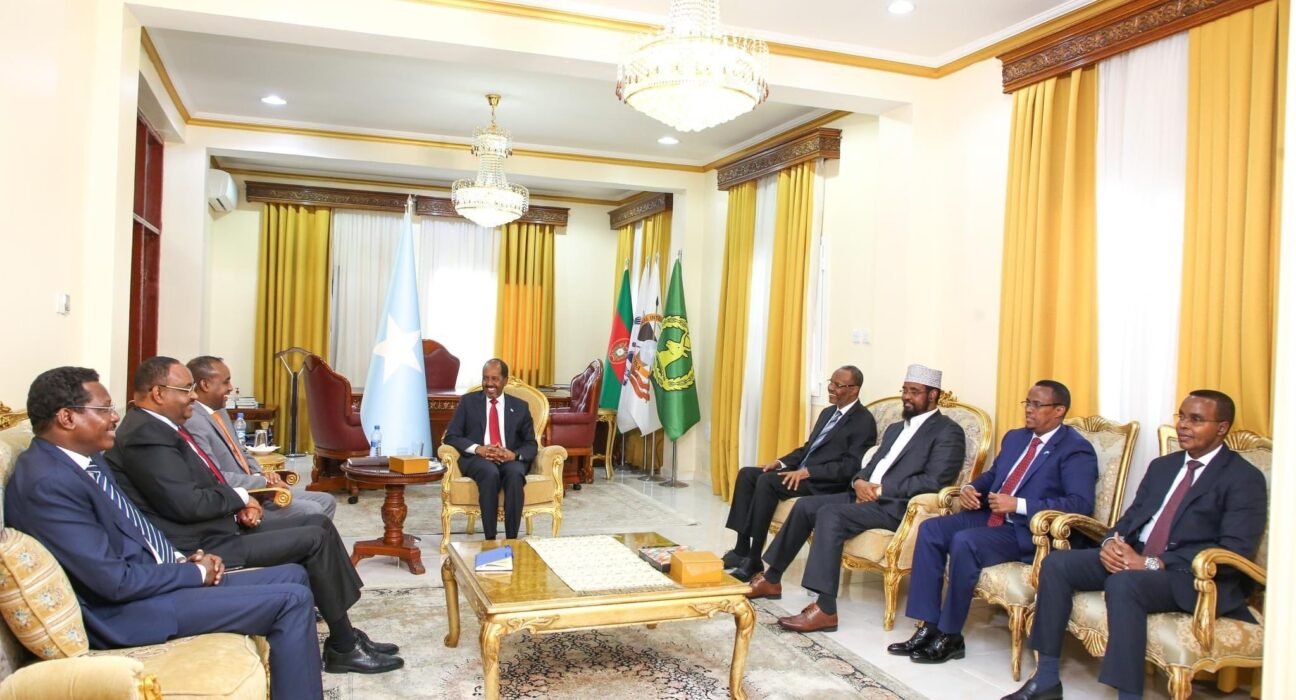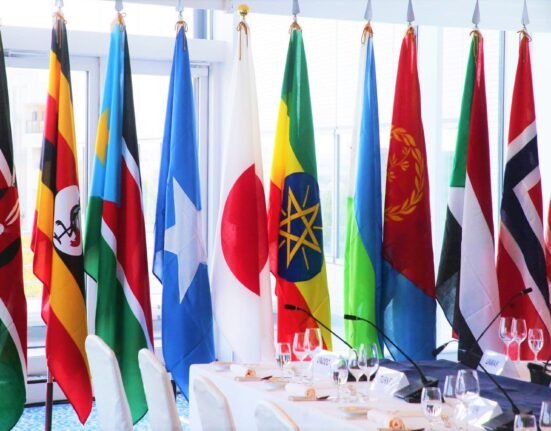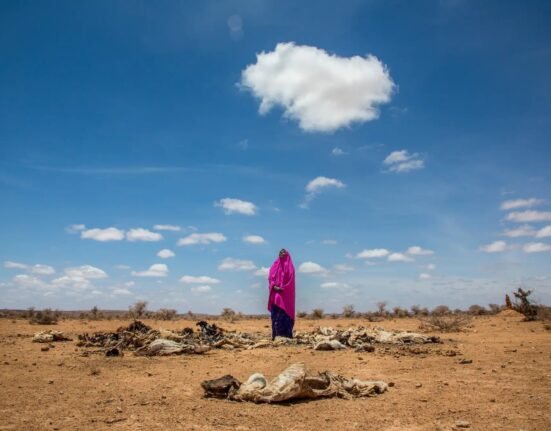Religion has always played a substantial role in shaping the political landscape of various nations across the world. Somalia, a country deeply rooted in its Islamic traditions, provides an intriguing case study regarding the role of religion in politics. The intertwining of religion and politics has had a profound impact on the social fabric, governance, and power dynamics within Somali society. This article explores the intricate relationship between religion and politics in Somalia, shedding light on its historical context and contemporary significance.
Historical Context:
Religion, primarily Islam, has been inseparable from the socio-political dynamics of Somalia throughout its history. Since Islam’s arrival in the region over a thousand years ago, it has profoundly influenced the community’s social structure and governance. Somali society operates under a code of conduct derived from Sharia (Islamic law), which plays a vital role in guiding political decision-making processes.
Islamic Institutions:
Religious institutions in Somalia have historically held significant influence, partially due to the absence of a strong centralized government for many years. Islamic scholars and religious leaders, known as “ulema,” have filled the void left by political fragility. They have been key figures in influencing public opinion, disseminating values, and providing guidance on governance matters. The Council of Islamic Courts, which emerged in the 1990s, played a notable role in providing stability during times of political uncertainty.
Clan Politics vs. Islamic Politics:
Aside from religious influences, clan affiliations have also played a critical role in shaping Somali politics. Clan-based politics have historically influenced social structures, power sharing, and patronage systems. However, in recent times, Islamic politics has taken center stage in many Somali regions, with religious ideology often superseding clan-based politics. Political parties with an Islamic foundation have emerged, vying for power through electoral processes.
Islamic Extremism and Radicalization:
Somalia has also faced the challenges posed by Islamic extremism and radicalization, primarily manifested through the Al-Shabaab militant group. Al-Shabaab has exploited religious sentiments and societal grievances to recruit followers and further its political aims. Their presence has demonstrated the potential dangers when religion becomes politicized and misused for violent purposes.
Political Reconciliation and Islam:
Despite the complex interplay between religion and politics in Somalia, Islam has also been a catalyst for peace and reconciliation efforts. Islamic principles and the influence of religious figures have been instrumental in conflict resolution, promoting dialogue, and fostering unity among warring factions. The search for a harmonious balance between Islamic values, democratic practices, and social justice remains an ongoing challenge for Somali politics.
The role of religion in Somali politics is intricate and multi-faceted. Islam has historically provided a strong foundation for the political sphere, governing societal norms, and guiding governance practices. While clan politics have also held significant influence, religious institutions and ideology increasingly shape the political landscape in Somalia. However, it is crucial to navigate this relationship carefully, ensuring that religious principles are not exploited for extremist agendas. Striking a balance between religious values, political stability, and democratic principles will be vital for the future of Somali politics and its ongoing journey of nation-building.






